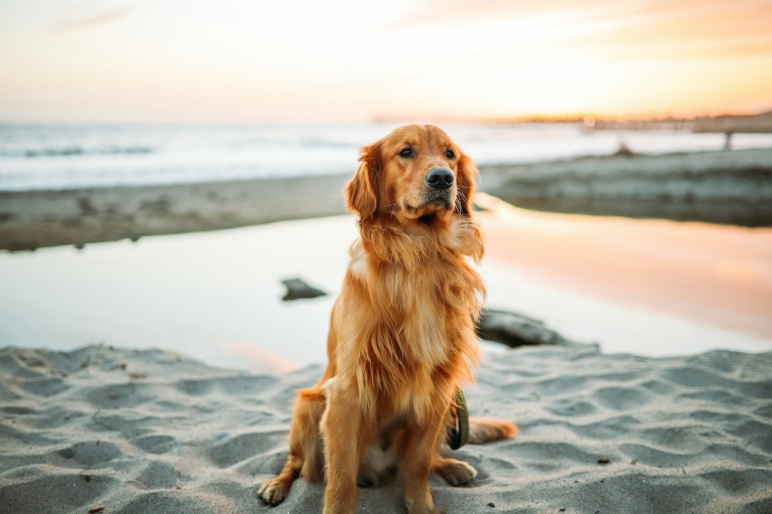“No one can serve two masters. Either you will hate the one and love the other, or you will be devoted to the one and despise the other.” Mat. 6:24
Many years ago, a few months after we got our dog Zoey, the Lord surprised us by calling us back overseas to teach for the three-month fall semester, at the university we’d taught at before. We’d returned to seminary for me to complete my required DMin. courses in residence, and at this point, I only needed to write my dissertation. With our older son in college, homeschooling our younger son, and husband between jobs, we were free to go back. Except for Zoey.
After all, Zoey had come to us in such a miraculous way, had been our constant companion, and we loved and enjoyed her so much. Sure, in many ways it would be great to go back to that university and serve there again, even for that short while. It would put a squeeze on the dissertation that was due by early spring, but I knew He’d enable me, since He called me.
Zoey was a different matter. What would happen to her while we were gone? Who could keep her? Would she, in her doggy way, be hurt and resent our leaving her and “dumping her off” on someone else? Or, equally sad and disturbing, would she adjust so well that she’d forget us and/or we wouldn’t matter to her anymore?
Our heavenly Father’s calling rang loud and clear to us, though, so we heeded it and returned overseas to that university at the request of their president. The logistics weren’t easy— finding someone to housesit our humble trailer while we were gone, preparations, and getting someone to keep a big golden retriever for 3 months and then have to give her back! And what about airfare? He took care of all that, and off we went, leaving Zoey in the care of a loving family who had their own female yellow lab and wanted to see what it was like to have two dogs. Not only that, they lived in a large home with a large yard, a doggie door, and three kids, one our son’s age.
For a dog, who could ask for more? Palatial accommodations, room to roam, friends, energetic kids to play with, human “parents” with time and resources to take her on all kinds of adventures, freedom to go out and in at will, the works!
For us, that was the problem. We and what we had to offer could hardly compare. Would she willingly return to us from “heaven on earth” when we returned after three months overseas? Would she leave all that comfort and fun behind without feeling forced to?
She did! As soon as we entered our friends’ house to pick her up, she came bounding up to us, so excited and happy to see us, you’d have thought we’d brought her gifts! All we’d brought were ourselves—three members of a human family who loved her. She also gladly accompanied us back to our humble home—no backing away, no moping around depressed. Just enjoying our company again, as if we’d never had to leave.
That’s true loyalty. We humans can learn a lot from most canines in this area. How loyal are we to our family, friends, and heavenly Father? How about churches, groups, companies, etc., as long as they don’t go against our highest loyalty to our Father? We’ll know when we’re tested by someone or somewhere else offering: More creature comfort; more fun; more freedom; more abundance; more of whatever we want. Or perhaps what just appears to be so.
But in the end, disloyalty never brings satisfaction or contentment because we’ll always have a reason to leave. Only true loyalty, first to our Father and then to those He calls us to, can bring contentment, the kind that comes when we’re not prone to wander.
“A friend loves at all times, and a brother is born for adversity” Prov. 17:17
But those who, like Zoey, remain loyal, will bless themselves, even as they bless those they’re loyal to. “…godliness, with contentment, is great gain.” 1 Tim. 6:6
Thankfully, we have our heavenly Father to help us with this, who Himself demonstrates true loyalty– “…if we are faithless, he remains faithful, for he cannot disown himself.” 2 Tim. 2:13






